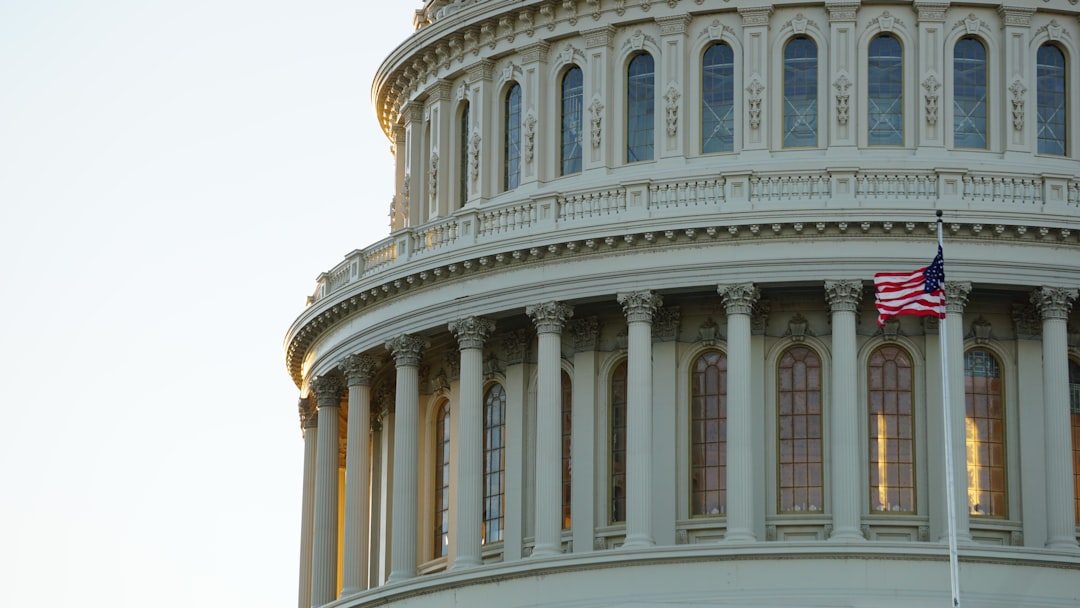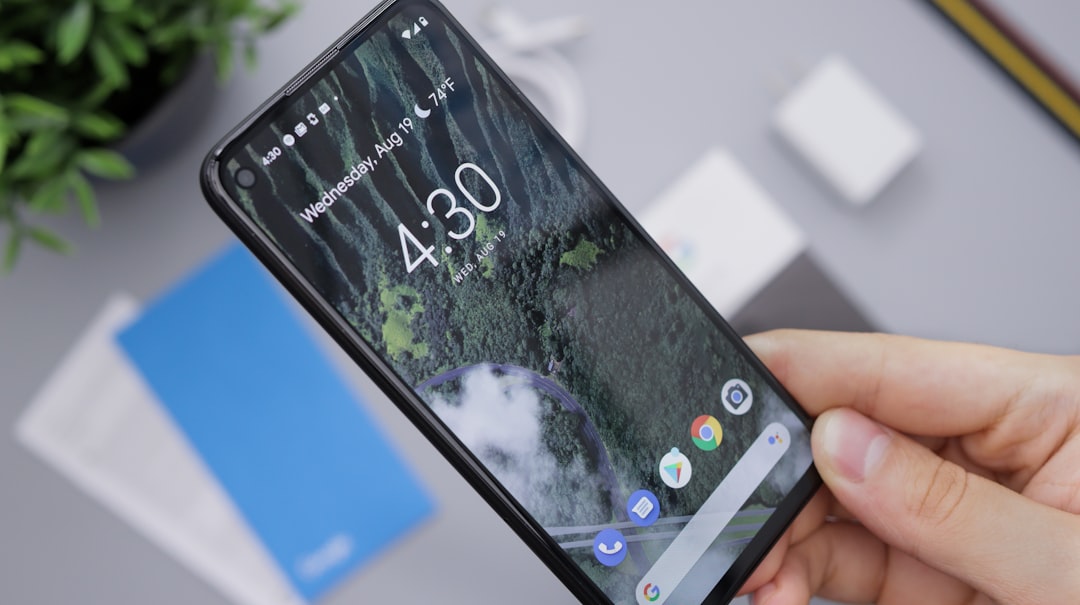In Washington state, strict Do Not Call laws, enforced by the Attorney General's Office, empower residents to shield themselves from intrusive telemarketing calls. Telemarketers must reveal their identities within 30 seconds, or face legal repercussions. Consumers can report violations and seek help from Do Not Call Lawyers Washington. Adhering to these regulations involves clear identity disclosure, training, and avoiding misidentifications to prevent consumer lawsuits.
In the competitive world of telemarketing, adhering to legal disclosure requirements is non-negotiable. Washington state’s Do Not Call laws demand that telemarketers reveal their identity within the initial 30 seconds of a call, a rule designed to protect consumer privacy and prevent deceptive practices. This article explores the legal intricacies surrounding non-disclosure, empowering both telemarketers and consumers with knowledge. From understanding the Do Not Call Laws in Washington to tackling common misconceptions, we guide you through essential strategies for compliance, ensuring a fair and transparent business environment while highlighting the role of Do Not Call Lawyers in Washington.
Understanding the Do Not Call Laws in Washington

In Washington, the Do Not Call laws are designed to protect residents from unwanted telemarketing calls. These regulations, enforced by the Washington State Attorney General’s Office, require telemarketers to disclose their identity within the first 30 seconds of a call. Failure to do so can result in legal action, with penalties for each violation.
Washington state has strict rules regarding telemarketing practices, and Do Not Call Lawyers Washington are often engaged to ensure compliance. These laws offer consumers significant protection, allowing them to opt-out of receiving unsolicited calls and take action against violators. Understanding these regulations is crucial for both businesses engaging in telemarketing activities and residents looking to exercise their rights under the Do Not Call laws in Washington.
The Legal Ramifications of Non-Disclosure by Telemarketers

In many jurisdictions, including Washington state, telemarketers are legally required to disclose their identity within the first 30 seconds of a call. Failure to do so can have significant legal ramifications. Do Not Call Lawyers in Washington often handle cases involving violators who fail to identify themselves, leading to consumer confusion and potential fraud. Such actions can result in substantial fines for businesses and even criminal charges for individuals involved.
The Washington State Attorney General’s Office actively enforces these rules to protect consumers from deceptive practices. If a telemarketer fails to disclose their identity, consumers have the right to report this violation, which can lead to investigations and legal action against the offending party. This includes potential Do Not Call list registrations and civil penalties, making it crucial for telemarketers to adhere to disclosure requirements to avoid legal repercussions.
Consumer Rights and Protections: A Comprehensive Look

In the dynamic landscape of consumer protection, understanding one’s rights is paramount, especially when navigating interactions with telemarketers. Consumers in Washington have a robust set of rights designed to safeguard them from aggressive or deceptive sales practices. One of the key safeguards is the mandate that telemarketers disclose their identity within the first thirty seconds of contact. This simple yet powerful rule ensures transparency and empowers consumers to make informed decisions.
Washington state, recognizing the importance of consumer autonomy, has also established robust legal frameworks, including Do Not Call Laws, to curb unwanted telemarketing calls. These laws provide consumers with the right to register their phone numbers on the state’s Do Not Call list, effectively blocking most commercial calls. Additionally, consumers can seek legal recourse through Do Not Call Lawyers Washington if they encounter persistent or harassing telemarketing activities, ensuring that their rights are not only understood but also fiercely protected.
Effective Strategies for Telemarketers to Comply with Disclosure Requirements

Telemarketers operating within legal boundaries must adopt effective strategies to disclose their identities within the initial 30 seconds, adhering to regulations set forth by organizations like Do Not Call Lawyers Washington. One proven method is to begin with a clear and concise introduction, stating the purpose of the call upfront. For instance, “Good day! I am [Telemarketer’s Name] from [Company], calling to discuss our exclusive offers on home security systems.” This direct approach ensures the caller’s identity is immediately known, setting the tone for an honest and transparent interaction.
Additionally, having a script ready that highlights key disclosure points can help telemarketers stay on track. The script should include details such as the company name, contact information, and any relevant legal disclosures. Regular training sessions can reinforce these strategies, enabling telemarketers to confidently navigate calls while ensuring compliance with Do Not Call Lawyers Washington’s guidelines and fostering trust with potential clients.
Common Misconceptions and How They Impact Legal Cases

Many consumers often believe that telemarketers always violate privacy laws, but it’s essential to understand the nuances of these regulations. One common misconception is that any unsolicited call is illegal, which isn’t entirely true. In the U.S., particularly in states like Washington with strict Do Not Call Laws, businesses must disclose their identity within the first 30 seconds to comply with legal requirements. Failure to do so could lead to legal consequences for telemarketers and companies alike.
This misunderstanding can significantly impact legal cases involving telemarketing practices. When consumers feel they’ve been misled or harassed, they may take action against the company, arguing that their rights have been violated. Court cases often hinge on whether the caller identified themselves appropriately, which underscores the importance of clear communication at the outset.






